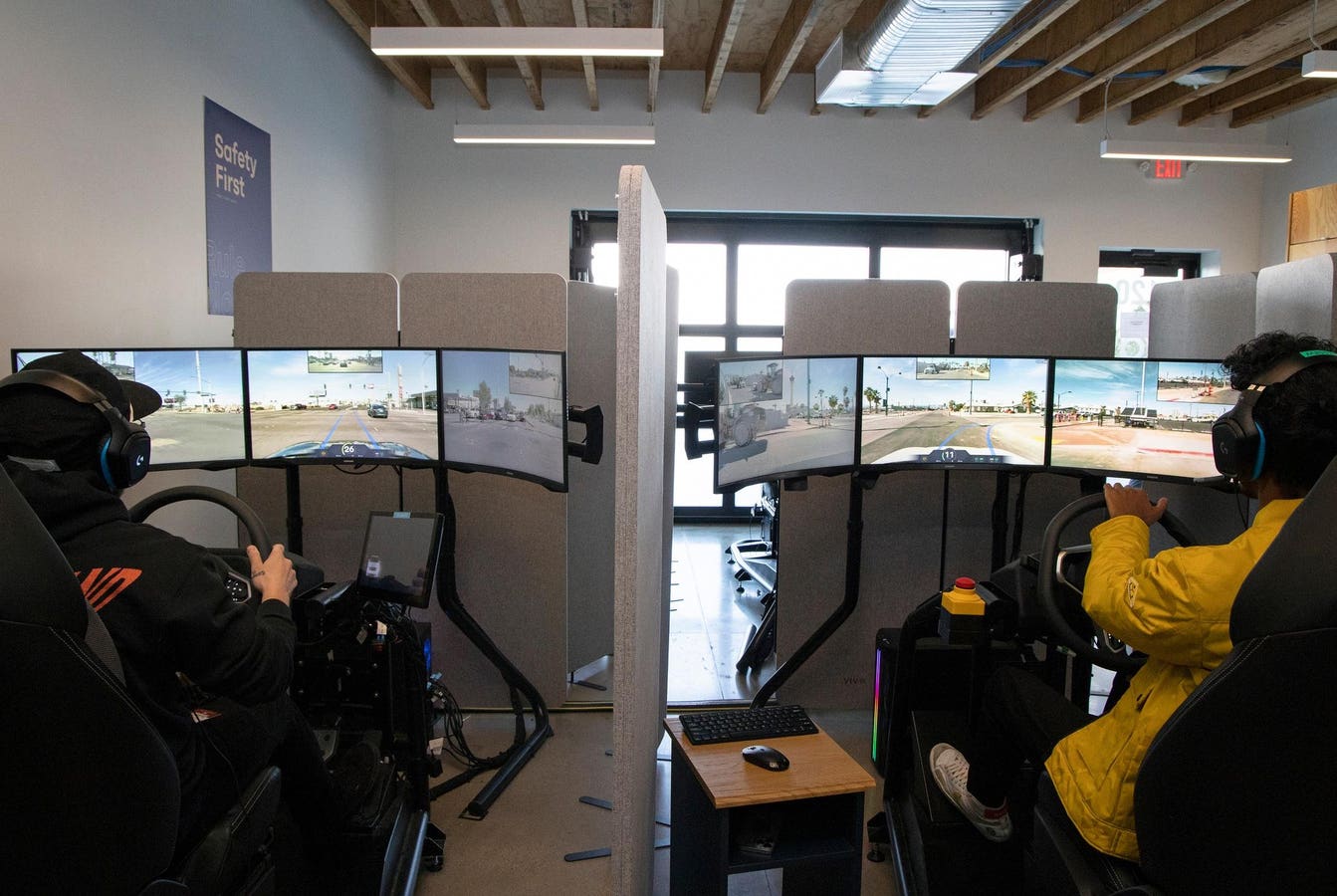Welcome back to The Prompt.
Venture capitalists have written large checks to a scrum of startups to find new ways to apply artificial intelligence to just about everything. But one investor is walking the talk. General Catalyst CEO Hemant Taneja, featured on the Forbes Midas list, announced last year that his firm was spending $485 million to buy up Ohio-based hospital system Summa Health, with the goal of injecting AI and other technologies into the healthcare pipeline— from checkups to insurance. It’s a bold (and unconventional) decision for an investment firm, but Taneja, who took over the firm as CEO in 2021, has a track record for breaking the mold, Forbes reported. With over $36 billion in assets under management, General Catalyst has also spun up a string of AI companies targeting antiquated industries like customer service and accounting to help cut costs and increase productivity.
Now let’s get into the headlines.
BIG PLAYS
Last week, OpenAI announced that it’s acquiring Jony Ive’s stealthy artificial intelligence hardware startup io in an all-stock deal that values the company at $6.5 billion. This will make Ive, best known for designing several iconic Apple products including the iPhone, iPod and iMac, a billionaire, Forbes reported. Sam Altman told employees on Wednesday that he plans to work with Ive to create and sell 100 million “AI companions” next year, the Wall Street Journal reported. The device will reportedly be free from screens, aware of a person’s surroundings and be able to sit on a desk next to your phone or laptop or rest in your pocket.
The basic question of how we interact with AI and how companies’ choose to distribute their technology has become increasingly important as the abilities of the AI models themselves have started plateauing. But selling a hardware device is far more difficult than selling a chatbot or an AI model. (Remember: Humane’s botched AI pin.) Questions remain about whether the device OpenAI plans to ship next year is worth $6.5 billion.
ETHICS+ LAW
AI-generated TikTok videos are duping people into downloading malware that steals their private information with the promise of free Windows and Spotify subscriptions, Forbes reported. The videos had amassed millions of views before TikTok took them down.
TALENT RESHUFFLE
Amazon is encouraging its software developers to use AI coding tools to get more work done, faster. But some engineers say that AI adoption has made their work feel more monotonous and repetitive, making them feel like “bystanders in their own jobs” and leaving them anxious about their future career paths, the New York Times reported.
AI DEAL OF THE WEEK
Y Combinator startup David AI has raised $25 million in a Series A round led by Alt Capital and Amplify Partners, Forbes reported. Now valued at $100 million, the startup provides audio data to train voice generation AI models. Founded late last year, it’s already collected 100,000 hours of data.
DEEP DIVE
Walking through Niantic’s headquarters in San Francisco’s historic Ferry Building, visitors are greeted by a scrum of giant Pokemon stuffed animals: On amphitheatre-style steps, an enormous Snorlax naps in the corner while a bulbasour sits ready to pounce. Elsewhere, a stunned Psyduck stares vacantly toward the distance, and perhaps the company’s unexpected future.
In March, Niantic made a bombshell announcement: the developer of Pokemon Go — once the biggest mobile game ever in the U.S. — is abandoning games to go all-in on AI. It has sold off its game development business to Saudi-owned game maker Scopely in a $3.5 billion deal and rebranded itself as Niantic Spatial. Instead of building augmented reality games for mobile phones, it will develop artificial intelligence models that analyze the real world for enterprise clients.
“It’s kind of unusual for a successful company to do this cellular division — form two companies,” cofounder and CEO John Hanke told Forbes. “It became clear to us that the way to maximize the opportunity for both was to let each of them go and pursue its future.”
Now, Niantic is doubling down on its nascent Spatial platform, announced in November, which provides AI mapping tools that companies can use to chart out routes for robots or power augmented reality glasses. Just as large language models allow AI to generate text, Niantic’s Large Geospatial Models (LGMs) help AI understand, navigate and interact with physical spaces as a human would. The models are able to recreate 3D, real-world places thanks to Niantic’s massive set of location data, drawn from the 30 billion miles people have collectively walked playing its games like Pokemon Go and Ingress. And when the models don’t have precise data on all the dimensions, topography or physical structures in a place, they use generative AI to fill in those blanks, estimating different angles of a statue or missing corners of rooms.
Niantic’s pivot underscores the seismic effect that the generative AI frenzy has had on Silicon Valley since ChatGPT rocked the industry nearly two-and-a-half years ago — radically transforming even a firmly established decade-old company like Niantic. According to Gartner, the market for spatial computing is expected to hit $1.7 trillion by 2033, up from $110 billion in 2023, with growth driven by location-based services from the likes of mapping giant TomTom and traditional big tech like Google. “The opportunity is enormous,” said Tuong Nguyen, director analyst for Garner’s emerging technology team.
Read the full story on Forbes.
WEEKLY DEMO
Most players in Hollywood have been vehemently opposed to the use of artificial intelligence in filmmaking, due to concerns about displacing human talent and the fact that several AI tools are trained on copyrighted works of artists without their consent. There is, however, one exception: animation, where using technology to improve productivity has long been embraced. AI promises to make animation easier, faster and cheaper. A startup called Toonstars is among a crop of companies leading the way, helping smaller content creators tell stories, The New York Times reported.
MODEL BEHAVIOR
Would you turn to ChatGPT for beauty advice? Some people are doing so, typing in prompts to get the chatbot’s candid unfiltered opinion both on how they look and how to “glow up,” according to the Washington Post. They’re also acting on its responses, spending money on hair, makeup and clothes, based on the chatbot’s recommendations. Recently, OpenAI announced that ChatGPT will display products for users based on their preferences, making it easier for people to shop. While some think that AI can offer a judgement-free critique of their looks, AI tools like ChatGPT are riddled with biases, having been trained on the entirety of the internet.








